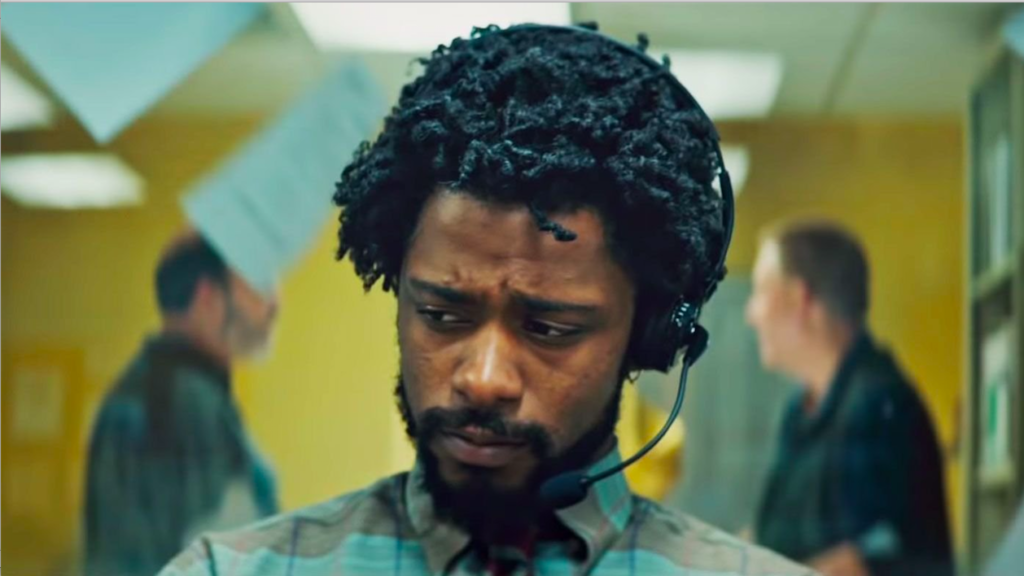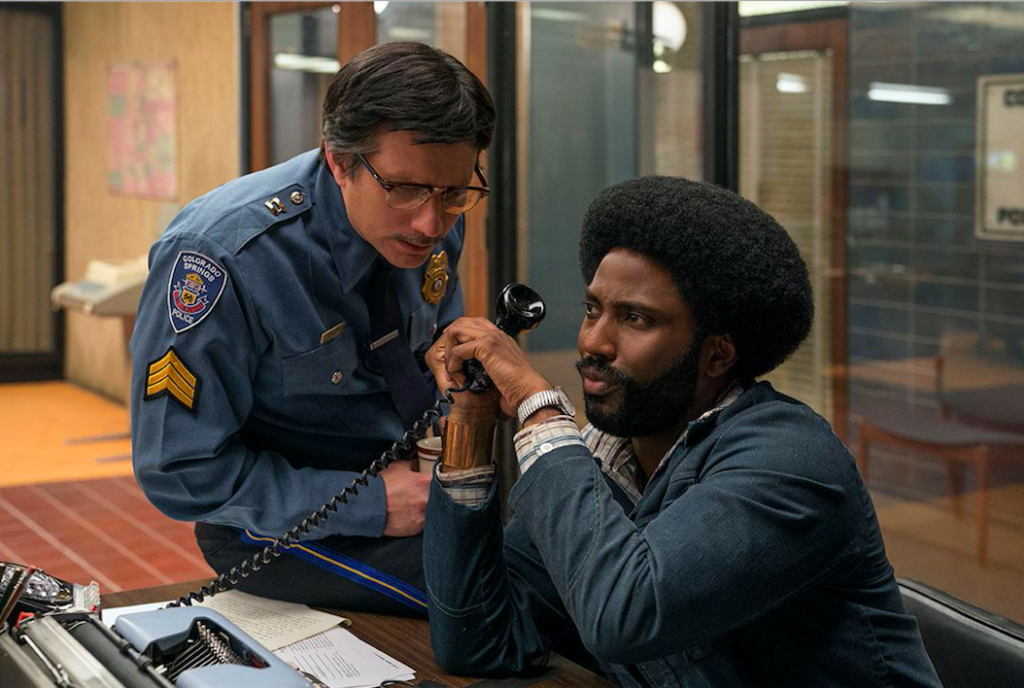No matter where you are from, no matter what race you are, where you’ve lived, there is a really good chance that you’ve code-switched before. The Chicago Tribune describes this as being “altering the way you speak based on the audience, is a widespread phenomenon among those whose accents and dialects stray from the national standard, long considered in the United States to be the language patterns of the Midwest.”
It’s common amongst the Black and Latino communities that come from more urban settings. When we get jobs, there’s a switch in our brain that turns on to remember not to say things like “Y’all,” “Aint,” “Gotta,” etc.
The Tribune says that this switch comes when people want to “present what they believe (or are told) is a more favorable version of themselves – an instinct often heightened when interactions are conducted over the phone.”
 They use the example of LaKeith Stanfield’s film that was released in December of 2018. In the movie, he’s a black telemarketer who realizes that he has the key to professional success is talking to customers with his “white voice,” or corporate-approved voice. He would speak properly, tell corny jokes and laugh at their corny jokes.
They use the example of LaKeith Stanfield’s film that was released in December of 2018. In the movie, he’s a black telemarketer who realizes that he has the key to professional success is talking to customers with his “white voice,” or corporate-approved voice. He would speak properly, tell corny jokes and laugh at their corny jokes.
This kind of satire is similar to Spike Lee’s “BlacKkKlansman,” where a black detective goes undercover to perform a sting on the Ku Klux Klan in 1970s Colorado. Spoiler Alert: It worked.
But we would love to hear your experiences with code-switching good or bad. Leave us a comment or tell us on Instagram or Twitter!
Human #AF.
Hey there! I’m Adiat Sade Disu and founded an award-winning 15-year-old digital media and marketing agency Adirée where I provide Multi media and marketing solutions for Executives and startup founders looking to increase engagement with multi-cultural audiences organically and natively.
According to Forbes, LA Times, Essence, and Black Enterprise, my content strategies and proprietary live event platforms (like AfricaFashionWeek.com) are deemed unmatched for their convening power of global content, culture, and empowerment. And even more, was given a proclamation by former Mayor of New York (now Presidential candidate) Michael Bloomberg in 2010.
Africa Fashion Week results increased brand awareness by 8.5 million views, $300+ K in revenue generated per event, and 6 K+ newsletter subscribers per event. Media giants such as Hearst Magazines caught wind of my work and influence — the ability to connect to and with consumers through cultural content and experiential solutions. HEARST immediately hired my consultancy to advise, produce content, and launch its international spin-off of COSMOPOLITAN Nigeria.
My press-ordained and award-winning event platforms and digital content work have been leveraged by Shea Moisture, Kimora Lee Simons, Iman Cosmetics, Pikolinos, Zara, Roommate Hotels, and USAID. ( 4-page press feature in Black Enterprise and 2-page press feature in Forbes French Edition.)
Clients have used my four-tier prong approach “culture + content” = “community + commerce” when looking to connect with audiences with nuisance cultures and attitudes.



